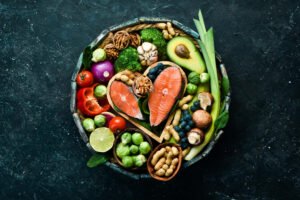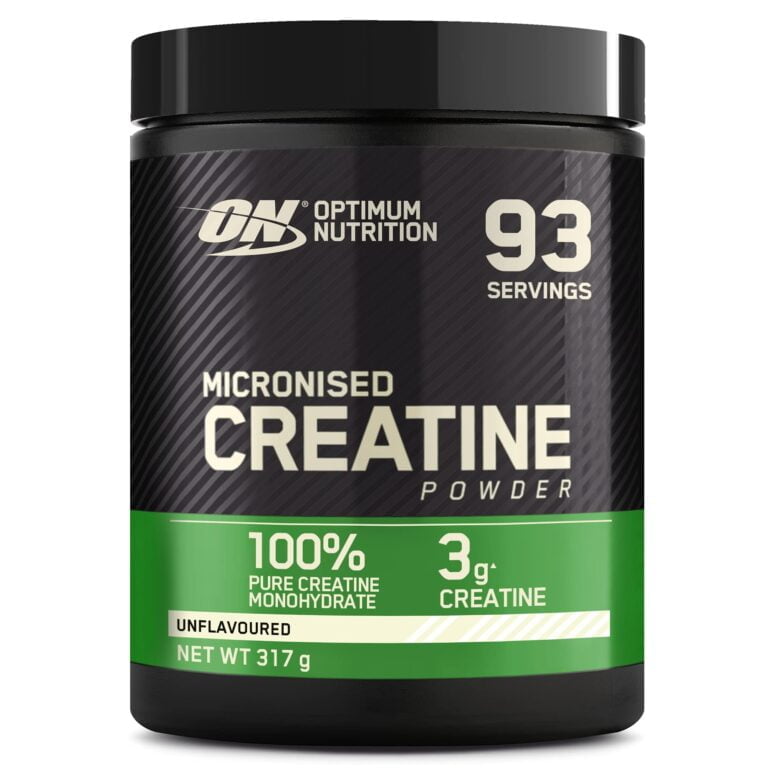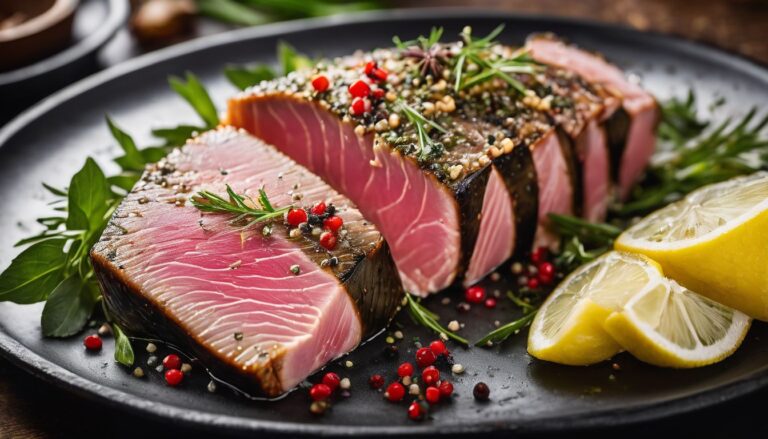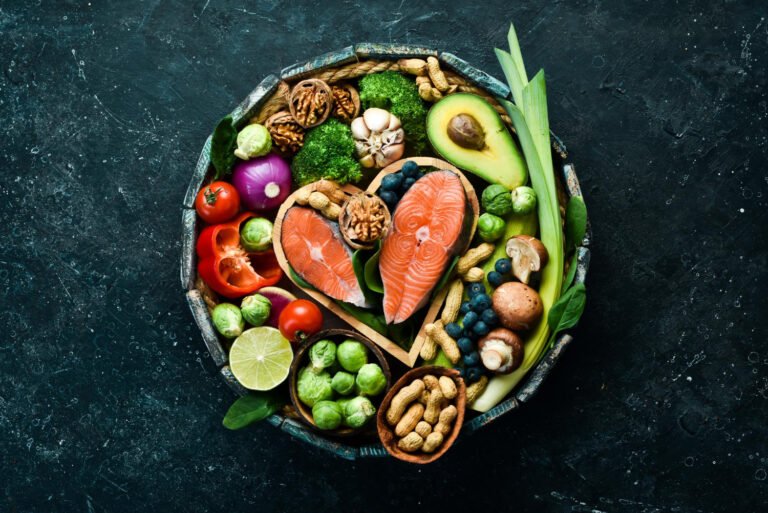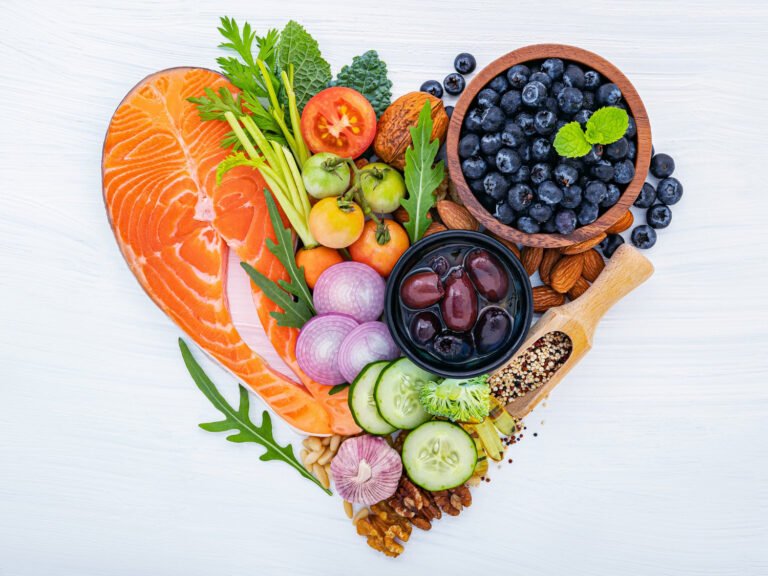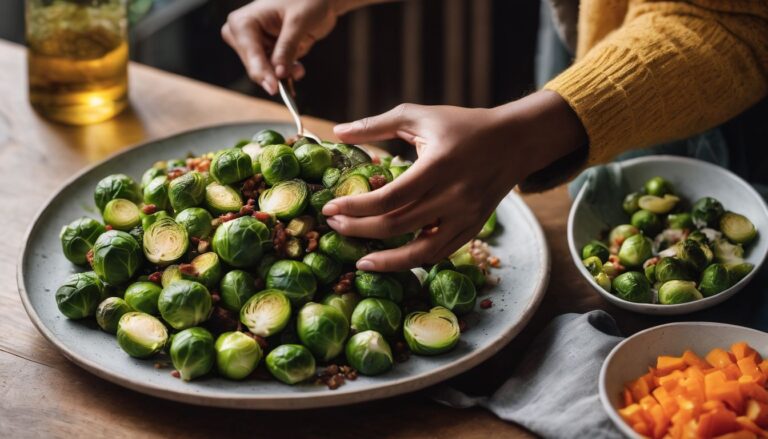What Is the 5 Day Drop Weight Loss
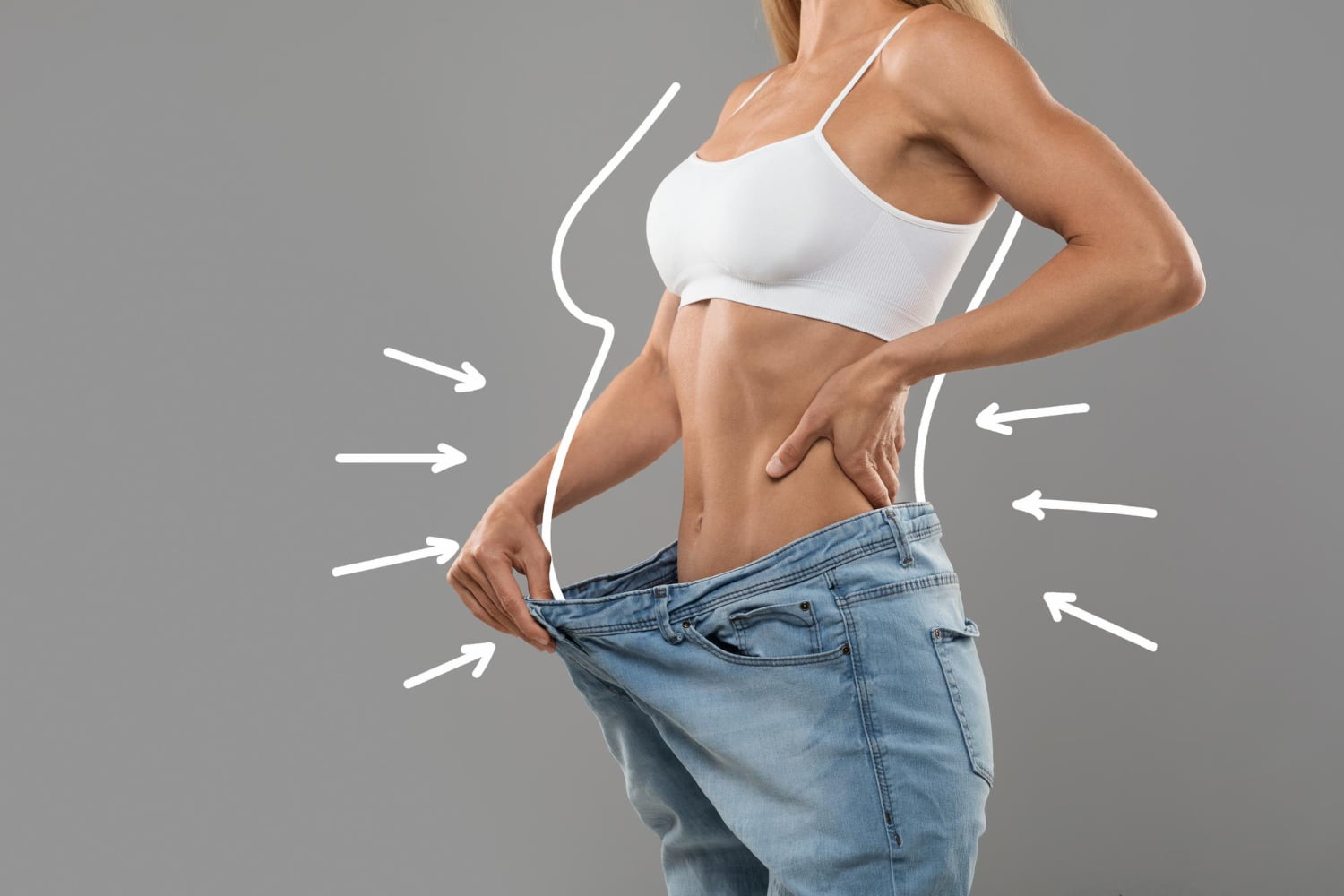
Are you ready to shed those extra pounds? Look no further than the 5-Day Diet, a flexible and effective way to lose weight.
With its emphasis on intermittent fasting, this eating plan has gained popularity for its promising results. By restricting your calorie intake to about 500-600 a day for two days a week and eating a standard number of calories for the other five days, you can achieve your weight loss goals.
Get ready to discover how the 5-Day Diet can help you drop those unwanted pounds.
Key Takeaways
- The 5-Day Drop Weight Loss, also known as The Fast Diet or 5:2 diet, is an intermittent fasting eating plan.
- It involves eating a standard number of calories for 5 days a week and restricting calorie intake to about 500-600 a day for the other 2 days.
- The focus is on when you should eat, rather than which foods to eat.
- The diet follows an intermittent fasting pattern to promote weight loss.
Overview of the 5-Day Diet

The 5-Day Diet is an intermittent fasting eating plan that involves eating a standard number of calories for 5 days a week and restricting calorie intake to about 500-600 a day for the other 2 days. Many people are interested in this diet because of its potential effectiveness in weight loss and the potential health benefits it offers.
Research suggests that intermittent fasting can lead to weight loss by reducing calorie intake and promoting fat burning. Additionally, it may improve insulin sensitivity, reduce inflammation, and improve blood lipid levels.
When following the 5-Day Diet, it’s important to plan your meals in advance to ensure you’re consuming the right amount of calories on the fasting days. Meal prepping can be a great way to stay on track and avoid making unhealthy food choices. It’s also important to stay motivated during the fasting days. Setting goals, finding a support system, and reminding yourself of the potential health benefits can help you stay on track.
However, there are some common mistakes to avoid on the 5-Day Diet. One common mistake is overeating on the non-fasting days, which can negate the effects of the low-calorie days. It’s also important to listen to your body and not push yourself too hard during the fasting days.
Transitioning into the next section, let’s take a closer look at how the 5-day diet works and the specific guidelines to follow.
How the 5-Day Diet Works
To understand how the 5-Day Diet works, let’s delve into its fasting pattern and calorie restriction.
The ideal calorie intake varies based on factors such as age, gender, and physical activity. Adult women should consume 1600-2400 calories a day, while men should consume 2000-3000 calories a day. During the 5-Day Diet, calorie intake should be optimal for 5 days, and reduced to 500-600 calories for the other 2 days. The 2 fasting days shouldn’t be consecutive and can be chosen based on personal preference. This diet follows an intermittent fasting pattern to promote weight loss.
The 5-Day Diet allows for delicious low-calorie foods that are filling and nutritious. The meal plan includes a variety of vegetables, fruits, lean proteins, healthy fats, legumes, whole grains, seeds, and nuts. Condiments like apple cider vinegar, lemon juice, and garlic powder can be used to enhance flavor. Non-calorie beverages such as coffee, green tea, and water are recommended. It’s important to include quality sources of proteins and fiber-rich foods in each meal.
The 5-Day Diet has been shown to be effective for weight loss. The average weight loss on this diet is about 1lb a week for both men and women. Additionally, working out every day while on the diet can help you lose 1-2 pounds a week. This diet doesn’t exclude any food groups, making it easier to stick to. It may also minimize insulin levels, decrease inflammation, and improve blood lipid levels.
However, it’s always important to consult a healthcare professional before starting any restrictive diet, especially if you have health issues or are pregnant or lactating.
The 5-Day Diet Plan: What to Eat
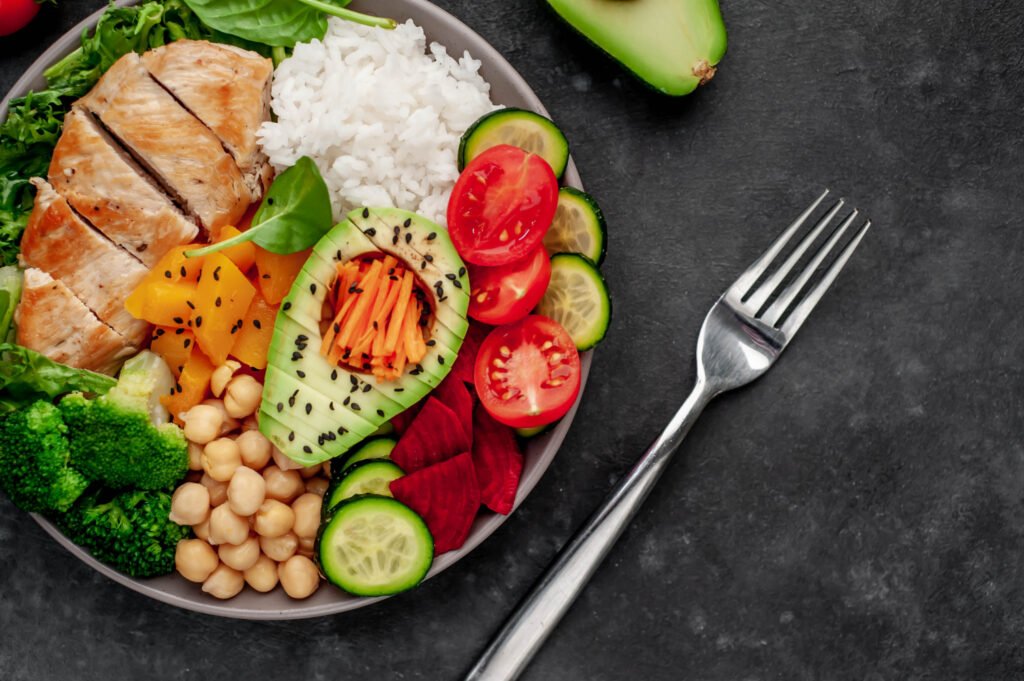
When following the 5-Day Diet, you have a variety of delicious low-calorie foods to choose from, ensuring that your meals are filling and nutritious. Here are some key points to consider when planning your meals:
-
Meal Preparation: Preparing your meals in advance can help you stay on track with the 5-Day Diet. Plan your meals for the week, make a shopping list, and cook in bulk to save time and effort.
-
Nutritional Requirements: It’s important to meet your nutritional needs while on the 5-Day Diet. Include a balance of vegetables, fruits, lean proteins, healthy fats, legumes, whole grains, seeds, and nuts in your meals.
-
Snack Options: When hunger strikes between meals, opt for healthy snacks that are low in calories. Some snack options include raw vegetables with hummus, Greek yogurt with berries, or a handful of nuts.
-
Eating Out Suggestions: Eating out can be challenging while on the 5-Day Diet, but it’s not impossible. Look for restaurants that offer grilled or steamed protein options with a side of vegetables. Avoid creamy sauces or fried foods. You can also make healthier choices by opting for salads or soups.
Ultimately, the 5-Day Diet offers a flexible approach to weight loss, allowing you to enjoy a variety of foods while still achieving your goals. However, it’s important to consult a healthcare professional before starting any restrictive diet to ensure it’s suitable for your individual needs.
Specific Days of the 5-Day Diet
As you continue following the 5-Day Diet, it’s important to know the specific days of the week and the unique approach each day takes towards achieving your weight loss goals.
The 5-Day Diet incorporates intermittent fasting, which has been shown to have various benefits for weight loss. One of the key strategies of this diet is to restrict calorie intake on two fasting days to about 500-600 calories.
On these fasting days, it can be helpful to focus on consuming protein-rich foods, as protein plays a crucial role in weight loss by promoting satiety and preserving lean muscle mass. Additionally, incorporating healthy fats into the 5-Day Diet can provide a source of sustained energy and help you feel satisfied.
Staying motivated on fasting days can be challenging, but some strategies to consider include planning your meals in advance, staying hydrated, and finding ways to distract yourself from hunger.
It’s also important to remember that the 5-Day Diet can be adjusted to fit your individual needs and preferences. You can experiment with different meal options, fasting schedules, and calorie targets to find what works best for you.
Additional Information and Tips
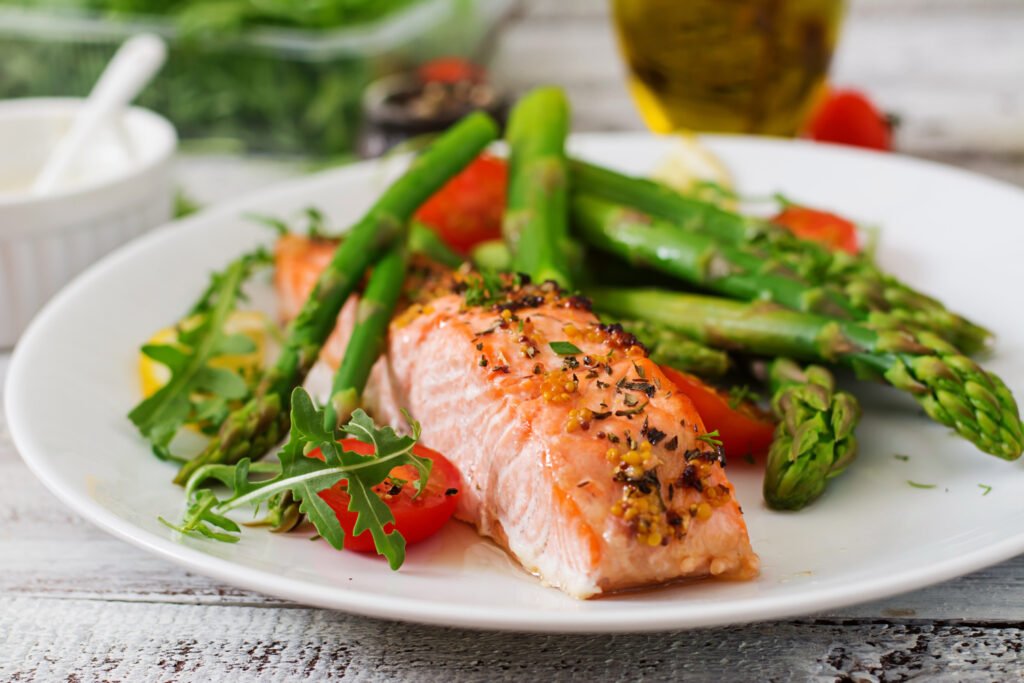
Staying motivated and finding ways to stay on track with the 5-Day Diet can greatly contribute to your weight loss success. Here are some additional tips and information to help you on your journey:
- Benefits: The 5-Day Diet has been shown to have several benefits, including weight loss, improved insulin levels, decreased inflammation, and improved blood lipid levels.
- Exercise: Incorporating regular exercise into your routine can enhance your weight loss results. Aim for at least 150 minutes of moderate-intensity aerobic activity or 75 minutes of vigorous-intensity activity per week.
- Long Term Sustainability: While the 5-Day Diet can be effective for short-term weight loss, it may not be sustainable for everyone in the long run. Consider finding a balance between intermittent fasting and a healthy, balanced diet for long-term success.
- Health Considerations: It’s important to consult with a healthcare professional before starting any restrictive diet, especially if you have health issues or are pregnant or lactating. They can provide personalized guidance and ensure the diet is safe for you.
- Weight Loss Plateaus: It’s common to experience weight loss plateaus during your journey. To overcome plateaus, try adjusting your calorie intake or incorporating different types of exercises. Stay patient and trust the process.
Frequently Asked Questions
Can I Have Cheat Days or Cheat Meals While on the 5-Day Diet?
Yes, you can have cheat days or cheat meals while on the 5-day diet. However, it’s important to manage your cravings and maintain discipline to stay on track with your weight loss goals.
Instead of completely indulging, you can try incorporating cheat meal alternatives that are healthier but still satisfying. For example, opt for a small portion of dark chocolate or a homemade treat using healthier ingredients.
Finding indulgence strategies that align with your dietary plan can help you stay motivated and prevent derailing your progress.
Will I Feel Hungry While Following the 5-Day Diet?
While following the 5-Day Diet, you may experience hunger at times, especially during the fasting days with reduced calorie intake. However, there are strategies to help manage hunger and stay satisfied.
Meal planning and portion control are important to ensure you’re getting adequate nutrition. Incorporating healthy snacks like fruits, vegetables, and nuts can also help curb hunger between meals.
Remember to listen to your body’s cues and make adjustments as needed to find a balance that works for you.
Can I Drink Alcohol While on the 5-Day Diet?
Yes, you can drink alcohol while on the 5-Day Diet, but it’s important to consider its effects on weight loss.
Alcohol contains calories and can hinder your progress if consumed in excess.
It’s recommended to limit alcohol consumption and choose low-calorie options like light beer or spirits mixed with calorie-free mixers.
Keep in mind that alcohol can slow down your metabolism and may affect your overall results.
It’s best to drink in moderation and prioritize your health and weight loss goals.
How Long Should I Follow the 5-Day Diet to See Results?
To see results from the 5-Day Diet, it’s recommended to follow it for at least a few weeks. The effectiveness of this diet varies for each individual, but many people report weight loss within the first month.
Staying motivated can be challenging, so try setting realistic goals and tracking your progress. Adjust the diet to fit your needs by consulting a healthcare professional and making modifications based on your age, gender, and physical activity level.
Remember to stay consistent and focused on your health goals.
Are There Any Specific Exercise Recommendations to Complement the 5-Day Diet?
To complement the 5-Day Diet, incorporating exercise routines is highly recommended.
To maximize weight loss and overall fitness, it’s best to combine cardiovascular exercises like running or cycling with strength training exercises like weightlifting.
Aim for at least 150 minutes of moderate-intensity aerobic activity or 75 minutes of vigorous-intensity aerobic activity each week, along with muscle-strengthening activities on two or more days.
Remember to consult a healthcare professional before starting any new exercise regimen.
Conclusion
In conclusion, the 5-Day Diet, also known as The Fast Diet or 5:2 diet, offers a simple and flexible approach to weight loss through intermittent fasting.
By restricting calorie intake to about 500-600 a day for two days a week, while eating a standard number of calories for the remaining five days, this diet has shown promising results.
It’s important to consult a healthcare professional before starting this diet, particularly if you have any underlying health conditions.
Start your weight loss journey with the 5-Day Diet and achieve your goals.

Author
Years ago, the spark of my life’s passion ignited in my mind the moment I stepped into the local gym for the first time. The inaugural bead of perspiration, the initial endeavor, the very first surge of endorphins, and a sense of pride that washed over me post-workout marked the beginning of my deep-seated interest in strength sports, fitness, and sports nutrition. This very curiosity blossomed rapidly into a profound fascination, propelling me to earn a Master’s degree in Physical Education from the Academy of Physical Education in Krakow, followed by a Sports Manager diploma from the Jagiellonian University. My journey of growth led me to gain more specialized qualifications, such as being a certified personal trainer with a focus on sports dietetics, a lifeguard, and an instructor for wellness and corrective gymnastics. Theoretical knowledge paired seamlessly with practical experience, reinforcing my belief that the transformation of individuals under my guidance was also a reflection of my personal growth. This belief holds true even today. Each day, I strive to push the boundaries and explore new realms. These realms gently elevate me to greater heights. The unique combination of passion for my field and the continuous quest for growth fuels my drive to break new ground.



